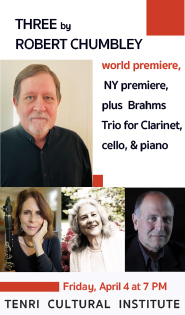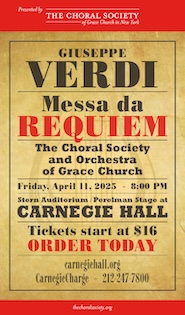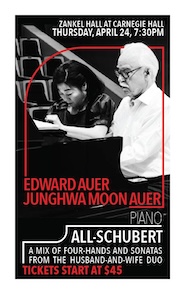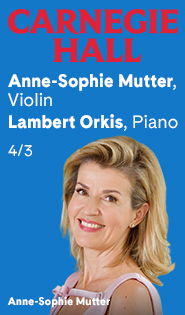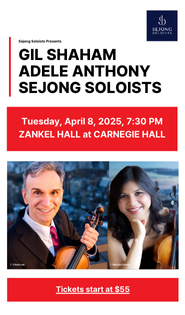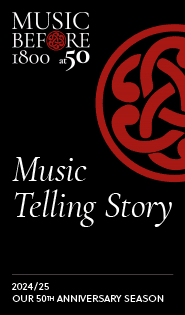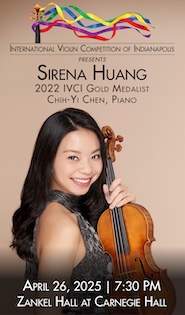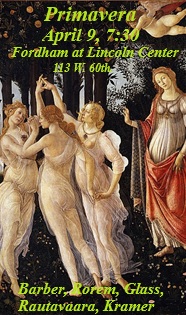Ligeti performances speak stronger than podcast words with Alarm Will Sound
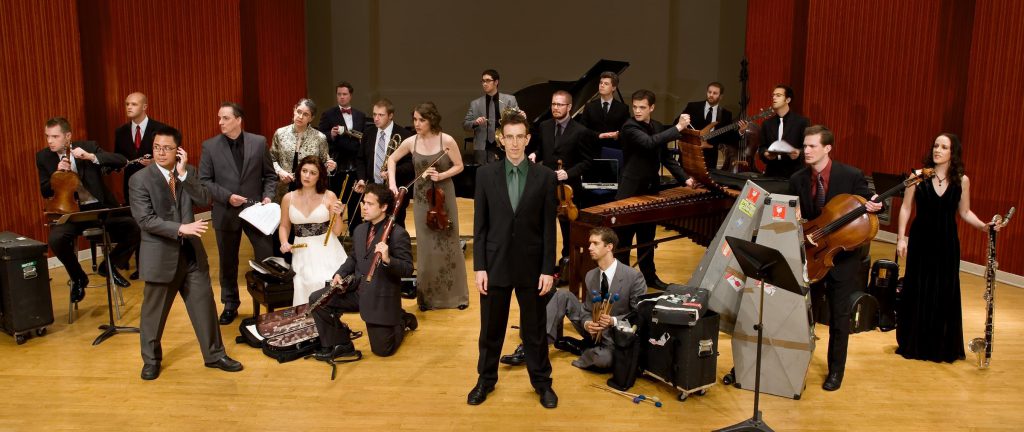
Alarm Will Sound performed music of Ligeti Friday night at Zankel Hall.
Despite changing the means and speed at which information is shared, the internet has added very little that is truly new to human culture. We still read, write, listen to music, look at moving pictures, and communicate with each other. Except for the movies, those are things we have been doing for thousands of years.
A perfect example of this showed up Friday night in Zankel Hall, where Alarm Will Sound, conductor Alan Pierson, and host (and ensemble violist) Nadia Sirota presented a live podcast, “This Music Should Not Exist,” which introduced some of the life and music of György Ligeti.
Podcasts are a new and popular thing that aren’t really new. Narrative fiction, news and information, debate, comedy, drama, and music have been staples of radio for almost 100 years. The difference is that radio is, at least once, live, while podcasts are usually prerecorded.
Sirota is the host of the successful Meet the Composer podcast, and Alarm Will Sound has already collaborated with her on a John Adams-themed installment, Splitting Adams, which is also available in the now-quaint CD format.
Friday night’s show offered ongoing commentary from Sirota and Pierson, with musicians in the ensemble reading from some of Ligeti’s autobiographical writings.
Some musical excerpts and short pieces were meant to illustrate a moment in history: a 19th century march, for instance, was the soundtrack about how Transylvania became part of Hungary after WWI. There were also complete performances of three of Ligeti’s works: Continuum, the Piano Concerto, and the Chamber Concerto for 13 Instruments.
The music in this tidy 80-minute event was superior to the yadda-yadda. On the harpsichord, Steven Beck played the maddening, fast rhythms of Continuum with nearly supernatural ease, and was matched by John Orfe’s pianism in the Piano Concerto. It wasn’t just that Orfe could handle this demanding part, but he played it with determination and weight, the music meant something to him and an expressive force flowed through him.
The ensemble playing behind Orfe and in the Chamber Concerto was finer than one has heard in this music, live or on recording, by a considerable margin. Groups like the Ensemble InterContermporain bring an energetic exactitude to this music, the sense that the notes heard are exactly what Ligeti put on paper.
Alarm Will Sound plays at that level too, but what they brought to the hall Friday was a rich musicality. They played Ligeti like it was Brahms, emphasizing legato when it was there, bringing color to the notes, taking care with dynamics and listening to each other in order to make a blended ensemble sound. That sound displayed the music at its potential best, from incredibly complex, staggered polyrhythms at speed, to lilting, slow, and darkly beautiful music, especially in the opening two movements of the Chamber Concerto.
While the concert part was as good as they come, the “podcast” was unsatisfying. The theme, “This Music Should Not Exist,” came as a reaction to the truly remarkable circumstances of Ligeti’s life and journey to the West. He survived via a chain of chance that was more extreme than anything out of Stanislaw Lem.
That’s a tautology, though, because of course if Ligeti had never lived this music would not exist. As an introduction to his work for listeners to whom he is unknown, it was a great lede. But Sirota and Pierson used it as a hammer, so everything became a nail. There was an interesting discussion of the composer’s interest in broken machinery, with Pierson stating that Ligeti was so against systems that he made music designed to fall apart.
That is true for some music, certainly his conceptual metronome piece, Poème symphonique (Alarm Will Sound “played” an “excerpt”), but not at all true for others. And as the show went on, that became a real problem. To say that all this music would not exist, and leave out the Études for piano, is astounding. The Études are both a culmination of Ligeti’s ideas and a breakthrough work, and have quickly become part of the canon.
One felt the omission was purposeful, because the Études don’t disintegrate, they build incredibly, intricate structures, and are also beautiful. But they didn’t fit the predetermined narrative of the show. The enthusiasm for Ligeti was real, as was the skill of the performances, but the accompanying rhetoric irritated more than enlightened.
